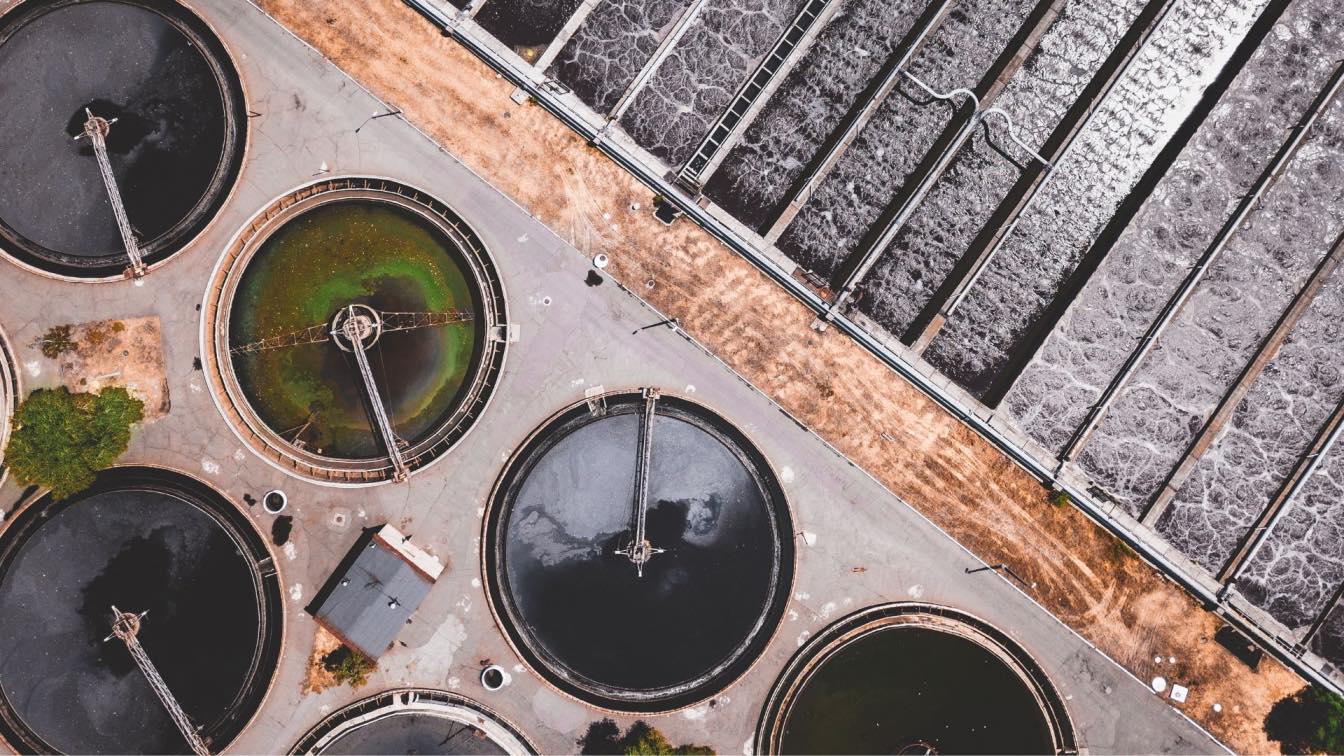If you're a homeowner, chances are that you've encountered your fair share of obstacles and issues when it comes to matters related to the upkeep of your property. From regular cleaning and maintenance to more serious repairs, homeownership is no easy feat!
One area that should not be overlooked is septic system maintenance - especially if you happen to inhabit an older home or building. To help ensure that everything is in top-notch condition for years to come, we have compiled this comprehensive guide on septic system maintenance: essential tips.
In this post, we'll take a look at some general consideration points for tending to your septic system; think items like pump schedules and inspections. We’ll also review specific areas such as tank inspection and cleaning as well as the importance of proper water usage habits within any household with a functioning septic tank system.
Our ultimate goal? Every homeowner out there has the resources needed to maintain a properly working (and hygienic!) septic leader - right from their own homes!
Understand your septic system
If you're a homeowner with a septic system, it's essential to know the ins and outs of your system. Unlike a typical sewer system, a septic system is more reliant on you as the property owner to ensure it stays functioning properly. It's crucial to know where your septic system is located, so you can avoid driving over it or planting trees or shrubs that could compromise the system.
Additionally, having a grasp on how your septic system works will help you maintain it correctly and ensure it doesn't cause any issues for your household in the long run. When it comes to Septic Tank Pumping and Cleaning, it’s important to understand that while pumping your tank is essential, there are also other maintenance steps you can take to ensure its effectiveness. A professional septic system company can provide you with a more detailed overview of your system and what it requires.
Schedule regular inspections to ensure the system is running efficiently
Regular inspections are essential to keep your septic system functioning properly. These inspections should be done every couple of years by a professional to ensure that everything is in working order and to identify any potential problems or issues that may arise down the line.
During the inspection, the technician will check for signs of wear and tear on the tank, clean-out pipes, and other components. They'll also test the water drain fields, septic tank, and related components to ensure that all of the elements are in working condition.
It's also important to note that if you're experiencing any issues with your septic system, such as backups or slow drainage from fixtures, it may be a sign that something is wrong. In this case, calling in a professional right away can help you identify the problem and rectify it before it worsens.
Know which cleaning products are safe for use
Taking proper care of your septic system is crucial for ensuring its longevity and efficiency. While there are plenty of cleaning products available on the market, not all of them are suitable for use with your septic tank. In fact, certain cleaning agents can cause damage to the delicate balance of bacteria within your tank, leading to costly repairs and potential health hazards.
So, how do you know which cleaning products are safe to use? It's important to read labels carefully, looking for products that are labeled as septic-safe, eco-friendly, or biodegradable. Avoid using bleach, ammonia, harsh solvents, and antibacterial soaps as they can be harmful to your system.
Have a plan for pumping out the tank regularly
Maintaining a septic tank may not be the most glamorous task, but it's crucial for keeping your property sanitary and safe. One key aspect of septic tank maintenance is pumping it out regularly. Experts recommend doing this every three to five years, depending on the size of your tank and how many people are using it.
Having a set plan for pumping out your tank will help you avoid any nasty surprises, like backups or leaks. By staying on top of this important task, you'll save yourself time, money, and headaches down the line.
Be mindful of what goes down the drain
Have you ever thought about what happens after you flush something down the drain? Well, it may surprise you that not everything is meant to go down there. Flushing things like paper towels, cooking grease, and hair clippings can cause blockages and clogs in the pipes, leading to costly repairs and even harm to the environment.
It's important to be mindful of what you're putting down the drain and to dispose of these items properly. Consider composting your kitchen scraps and disposing of your paper towels and hair clippings in the trash to avoid any further problems. Small changes can make a big impact on keeping our pipes and planet healthy.
Make sure plants don’t grow too close to the septic tank
When it comes to maintaining your septic system, keeping plants at a safe distance is a crucial factor. The root systems of plants can damage septic tanks and leach field pipes, leading to costly repairs and potential contamination of groundwater.
It's important to ensure that trees and shrubs are planted at least 10 feet away from the septic tank and leach field, while grass should be limited to no more than 3 feet above the pipes. By taking these precautions, you can help prevent costly and hazardous septic system issues. So, keep your green thumb in check and prioritize the health of your septic system.
The ultimate key to septic system maintenance is understanding how it works and what needs to be done in order to keep it running optimally. By following the essential tips outlined here, you can ensure that your septic system remains in good condition for many years to come.
This includes understanding where your septic system is located and its components; scheduling regular inspections; knowing which products are safe for use; pumping out the tank at least every 3-5 year interval; and avoiding flushing materials that can easily clog drains.
Finally, you should also consider planting or landscaping carefully around your septic system, as plants and trees too close to the tank or leach field can cause serious problems. Properly maintain a septic system with these simple guidelines and save time and money!





